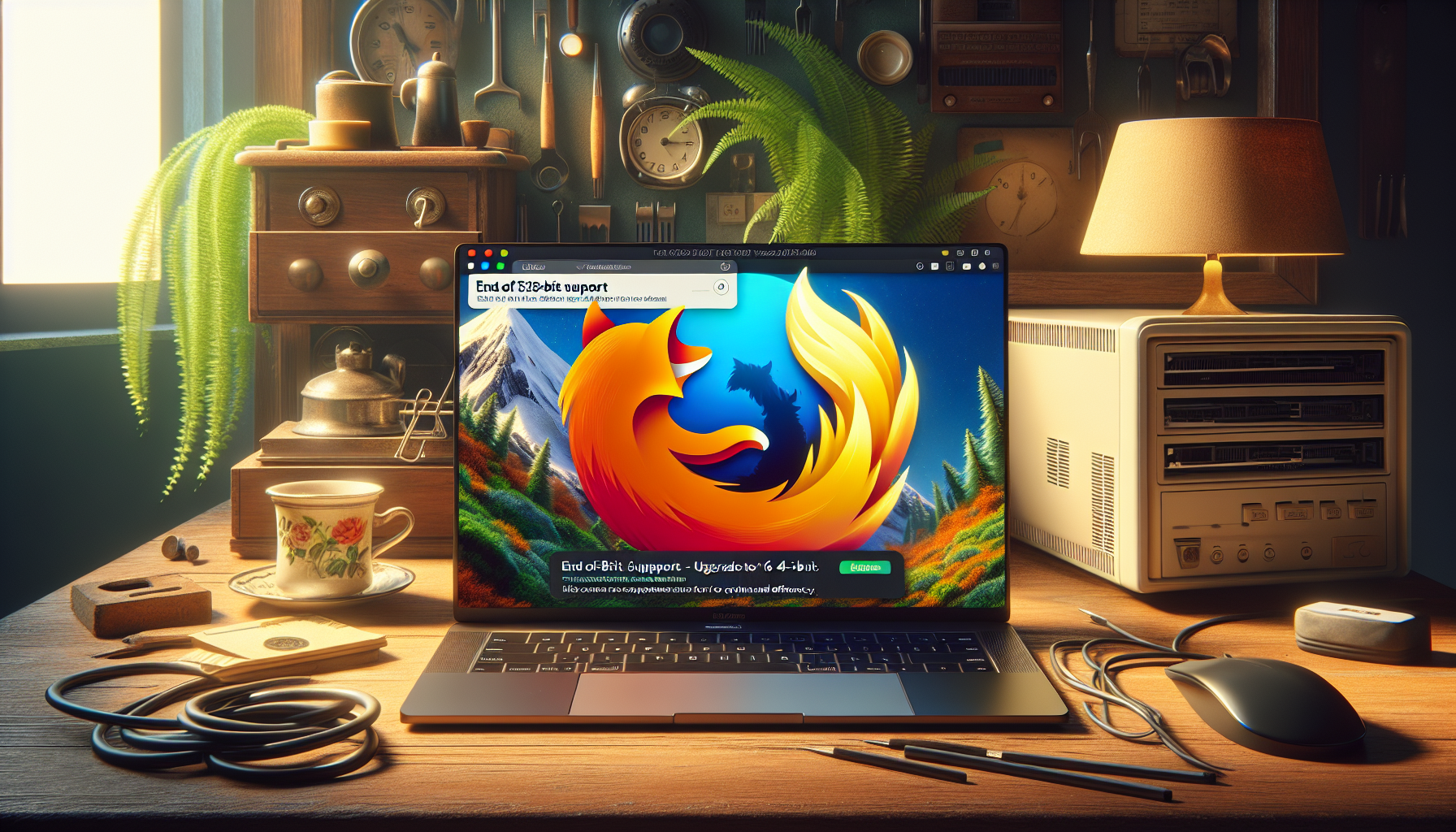Mozilla has launched the beta version of Firefox 145, marking the end of 32-bit support for Linux systems. This release focuses on modern 64-bit architectures and introduces several UI and developer enhancements. Users with older hardware can continue using Firefox ESR 140 until September 2026.
On October 14, 2025, Mozilla released Firefox 145.0 beta, the first version of the open-source web browser to discontinue support for 32-bit Linux systems. This change aligns Firefox with the shift toward modern hardware, as most major Linux distributions have already abandoned 32-bit architectures. Mozilla noted that maintaining these builds had become impractical, though the company had previously supported them longer than competitors to extend hardware lifespans.
The release emphasizes performance, maintainability, and security for 64-bit systems. For users on legacy hardware, Mozilla recommends migrating to 64-bit operating systems or sticking with Firefox ESR 140, which will receive security updates for 32-bit builds until at least September 2026.
Firefox 145 beta includes several user interface refinements. The tab bar now features a rounded design that harmonizes horizontal and vertical tabs. Buttons and input fields, including the address bar, have been visually refreshed for better consistency.
Usability improvements include a new 'Search Image with Google Lens' option in context menus when Google is the default search engine. Additionally, the 'Copy Link to Highlight' feature allows sharing links to specific text selections on webpages.
For developers, the beta adds support for Atomics.waitAsync, enabling non-blocking synchronization on shared memory. It also recognizes the legacy -webkit-fill-available CSS keyword and introduces preliminary handling of the Integrity-Policy header for subresource integrity. Multimedia support expands with Matroska (MKV) container compatibility for codecs such as AVC, HEVC, VP8, VP9, AV1, AAC, Opus, and Vorbis.
Upcoming releases will focus exclusively on 64-bit systems, signaling a full transition away from legacy architectures.

